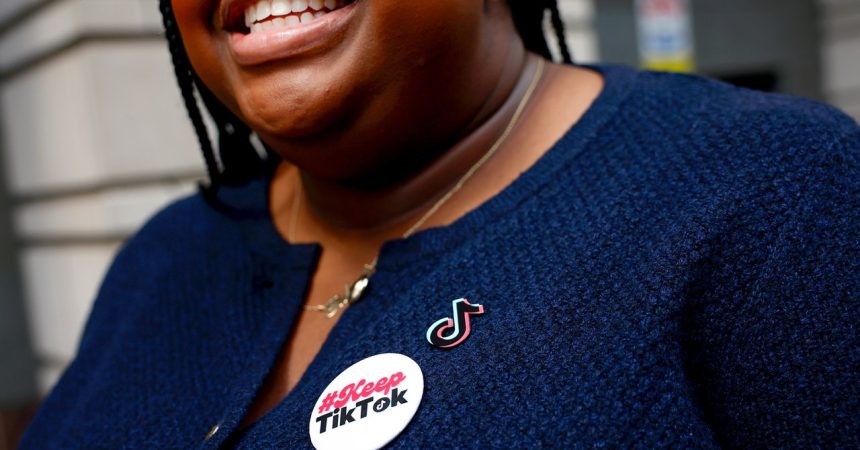The US Court of Appeals has upheld the Preventing All Foreign Adversary Control of Technology (PAFACA) Act, rejecting TikTok’s argument that the law infringes upon its First Amendment rights. The court’s majority opinion, authored by Judge Ginsburg, emphasizes that the government isn’t suppressing content or mandating specific content ratios on the platform. Users remain free to access and share any content they choose, including content originating from the People’s Republic of China (PRC). The core rationale for the ruling rests on the perceived national security threat posed by TikTok’s ownership structure, which connects it to China. The court deferred to Congress’s judgment on this matter, acknowledging the legislative branch’s broad authority in national security matters. Judge Srinivasan’s concurring opinion further underscores this deference, highlighting Congress’s deliberate consideration of the risks involved and the absence of any apparent intent to suppress specific viewpoints.
This ruling paves the way for a potential ban on TikTok in the United States, which could theoretically come into effect shortly before President Trump leaves office. However, a 90-day extension remains a possibility, potentially transferring the final decision to the incoming Biden administration. ByteDance, TikTok’s parent company, is expected to appeal the decision to the Supreme Court, a process likely to extend into the next year. The Appeals Court’s decision aligns with the judges’ apparent stance during oral arguments in September, where they seemed to accept the validity of the national security concerns. The central question then revolved around whether a ban constituted an excessive response that disproportionately harmed free speech, a question the court has now answered in the negative.
Experts in law and national security offer context for the ruling and its potential implications. Dewardric McNeal, a former Department of Defense official, points to the judiciary’s tendency to grant the executive branch significant leeway in national security matters. He also notes the strong bipartisan support for the PAFACA Act in Congress, making a legislative repeal unlikely. This leaves President Trump with considerable power to influence the law’s implementation. While obligated to uphold the law, the president retains discretion over the intensity and focus of its enforcement.
Alan Rozenshtein, a law professor, highlights a key provision within the PAFACA Act that grants the president the authority to determine whether TikTok is still under the control of a foreign adversary. This provision offers a legal avenue for the Trump administration to permit TikTok’s continued operation in the US. This could be a strategically advantageous path for Trump, allowing him to address security concerns while avoiding potential backlash from his Republican allies in Congress who supported the legislation.
The future of TikTok in the US remains uncertain, with multiple potential scenarios on the horizon. One possibility involves a brokered deal that facilitates the sale of TikTok to an American investor, thereby addressing the national security concerns that underpin the PAFACA Act. Several bids have already surfaced, including one involving former Treasury Secretary Steven Mnuchin and another involving American real estate investor Frank McCourt. Such a sale could represent a compromise, satisfying national security interests while preserving TikTok’s presence in the American market.
The Appeals Court’s decision adds another layer of complexity to the ongoing saga surrounding TikTok’s fate in the United States. The legal battle is likely to continue, with the Supreme Court poised to play a pivotal role in the coming year. Meanwhile, the political dimensions of the issue remain prominent, with the incoming Biden administration potentially inheriting the responsibility of navigating this complex and contentious issue. The confluence of legal, political, and national security considerations ensures that the future of TikTok in the US will continue to be a subject of intense scrutiny and debate.
While TikTok has expressed disappointment with the ruling, the company has affirmed its commitment to pursuing legal remedies, including an appeal to the Supreme Court. TikTok maintains its stance that it operates independently from the Chinese government and has implemented robust measures to safeguard user data and ensure the platform’s integrity. The company’s response reflects its determination to continue its fight to remain operational in the US market, a market crucial to its global reach and influence. The ultimate outcome of this legal and political battle will have significant implications not just for TikTok, but also for the broader landscape of technology regulation and the interplay between national security and free speech.



